Our Books
 Richard and Linda Eyre may be the most prominent and popular writers and speakers in the world on the topics of family and parenting. Among their three dozen books are Teaching your Children Values, the first book in 50 years (since Dr. Spock’s Baby and Child Card) to hit #1 on the New York Times Bestseller list, and How to Talk to Your Child about Sex, which has become the standard resource for parents around the world in teaching their children about intimacy.
Richard and Linda Eyre may be the most prominent and popular writers and speakers in the world on the topics of family and parenting. Among their three dozen books are Teaching your Children Values, the first book in 50 years (since Dr. Spock’s Baby and Child Card) to hit #1 on the New York Times Bestseller list, and How to Talk to Your Child about Sex, which has become the standard resource for parents around the world in teaching their children about intimacy.
About as far removed from ivory tower theories as you can get, the Eyres’ work is based on the real-life experience of raising 9 children, founding and running 3 businesses, and trying to keep up with high-level involvement in politics, church, music, and sports.
Rather than being called “experts,” the Eyres would rather be known as “fellow-strugglers” who have been lucky enough to reflect and write on what they have learned–both from experience and from presenting to and interacting with parents in all 50 states and in more than 50 countries around the globe.
Because the topics of their books are parenting, perspectives, and priorities, things that never change, the Eyres’ books, new or old, are as relevant and revealing today as on the day they were written. In fact…they think you will agree…several of their earlier works have actually grown in their relevance, and are even more timely now than when they were first published!
 At Eyres’ Free Books, you can download many of their books for free. In addition to the free books offered here, you can now order each of the Eyres’ 10 newest books for half-price with free shipping by using the access code EYREFRIEND at our publisher’s website.
At Eyres’ Free Books, you can download many of their books for free. In addition to the free books offered here, you can now order each of the Eyres’ 10 newest books for half-price with free shipping by using the access code EYREFRIEND at our publisher’s website.
Few authors in the world have published with Random House, Simon and Schuster, McGraw Hill, St. Martin’s Press, and Penguin Publishers as have the Eyres, but despite their long and successful establishment publishing history, they feel that in today’s world with everything at our fingertips, ideas should be free, as should be the books that contain them. It is the Eyres’ goal to offer all of their books online free of charge once they are out of print. The list below is all of their books they have published since 1972 and indicates which ones are available for free. Watch this list as more and more of their books are converted into this free format.
Below is a list of all books we have published to date. Click on book titles to read descriptions.
Prayerful Parenting
by Richard and Linda Eyre
(2024)
Love More
by Richard Eyre
(2024)
Our Parental God
by Richard Eyre
(2025)
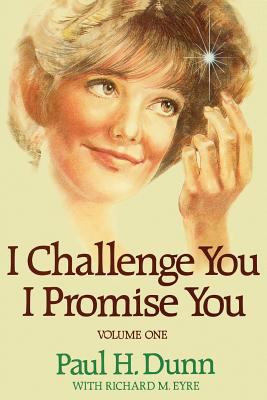 #1
#1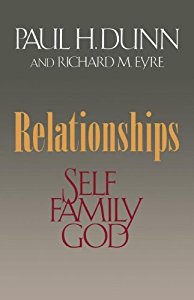 #2
#2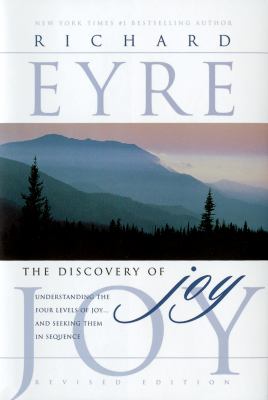 #3
#3 #4
#4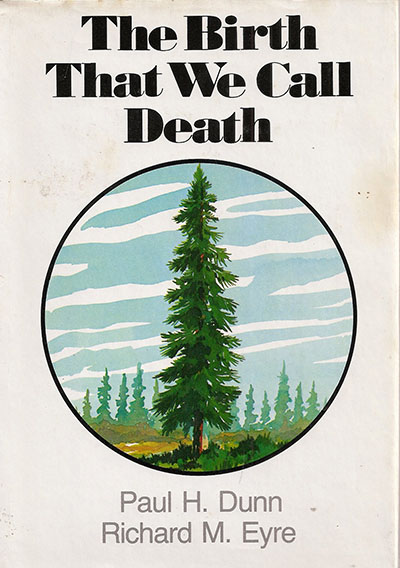 #5
#5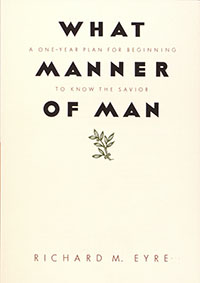 #6
#6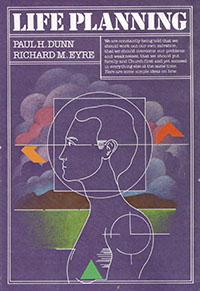 #7
#7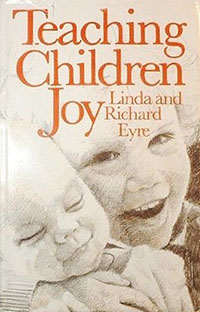 #8
#8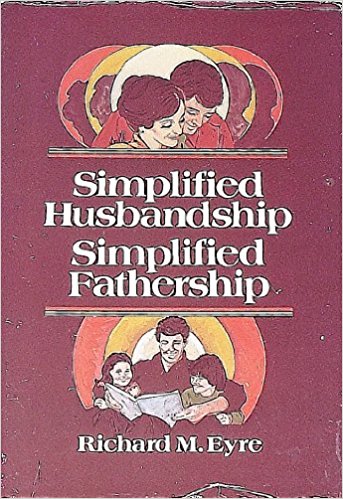 #9
#9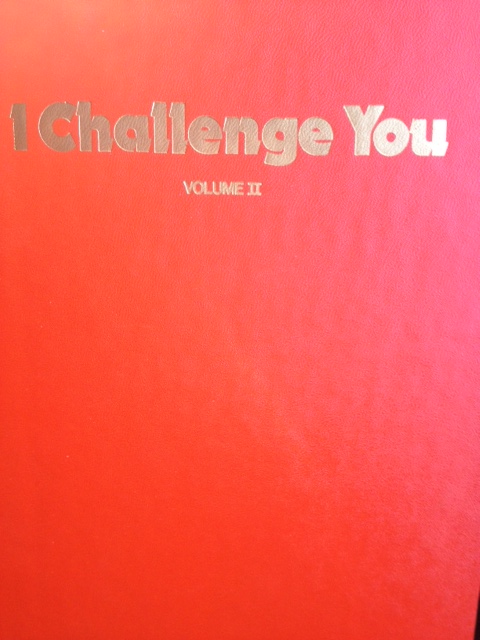 #10
#10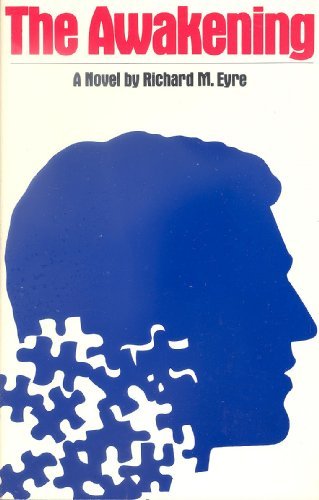 #11
#11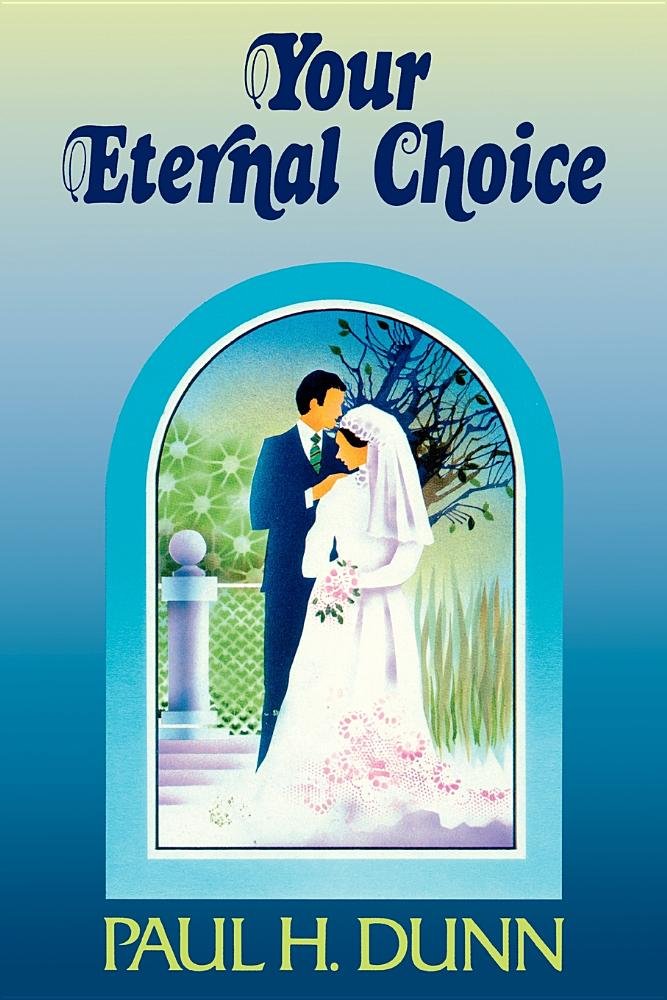 #12
#12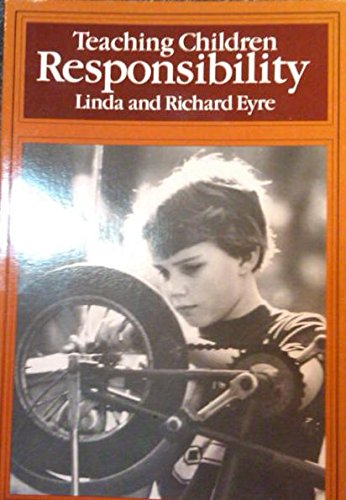 #13
#13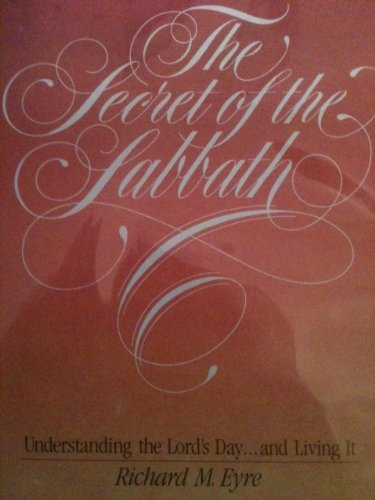 #14
#14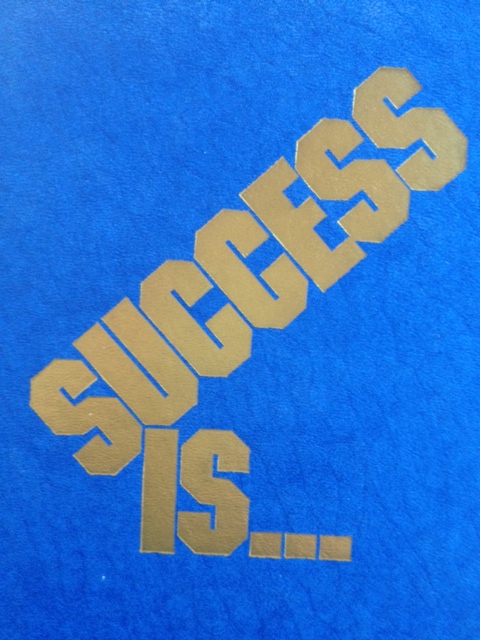 #15
#15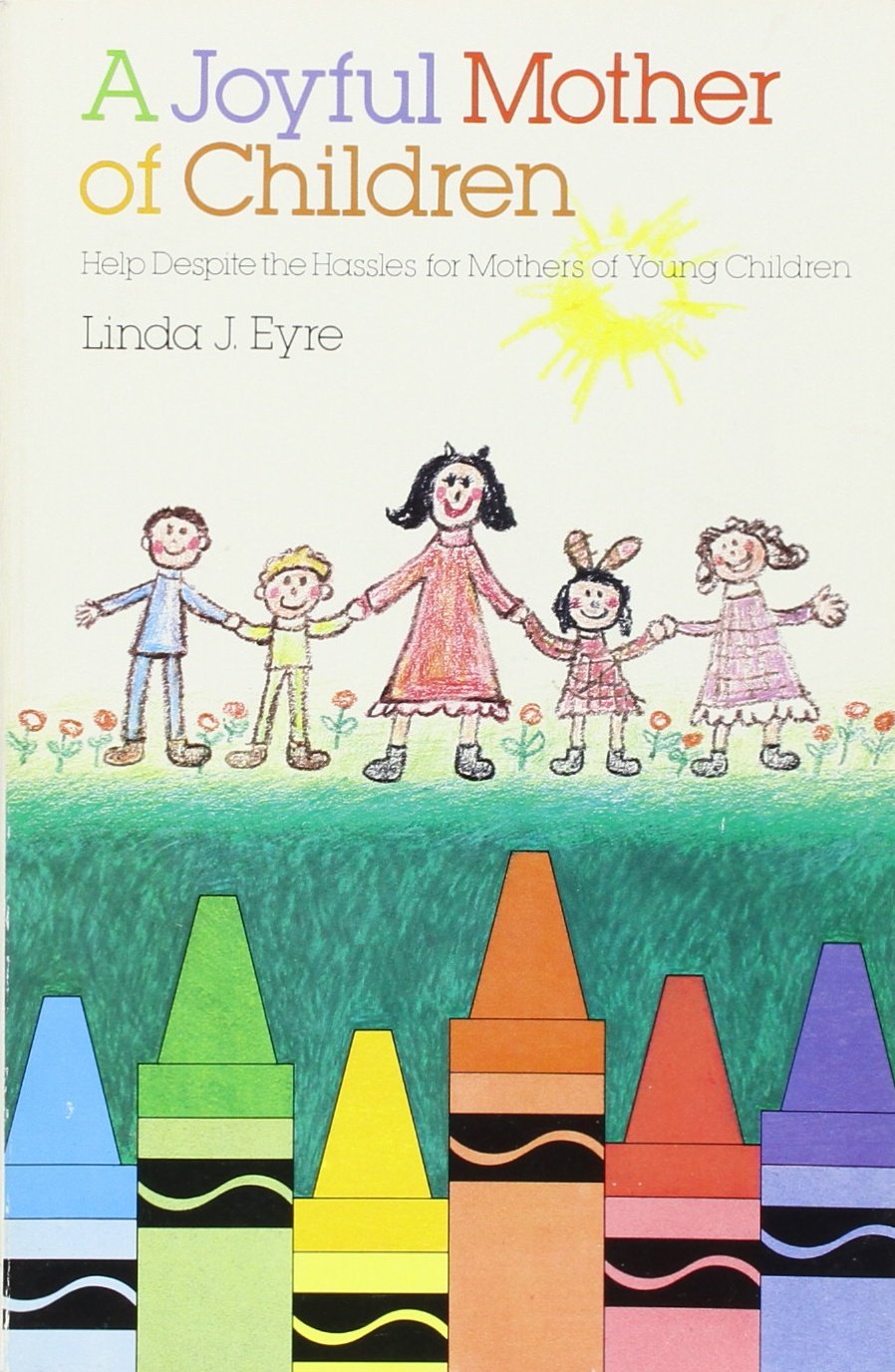 #16
#16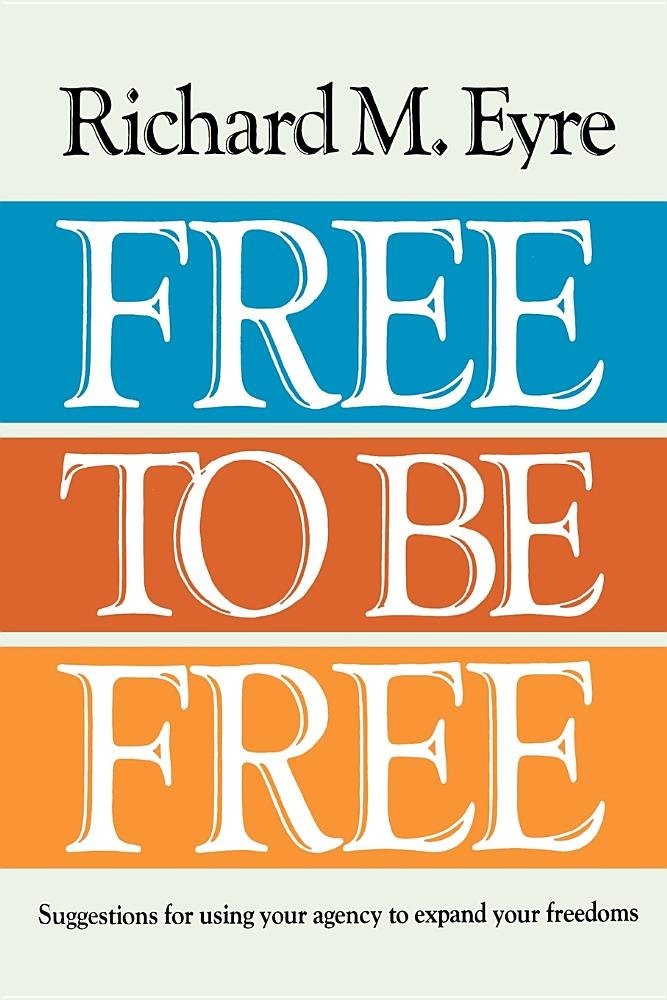 #17
#17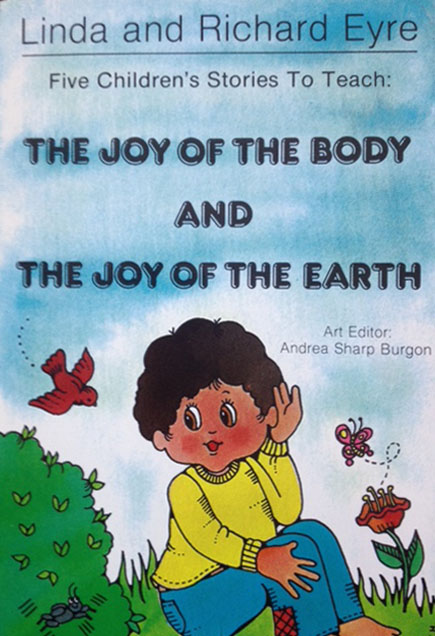 #18
#18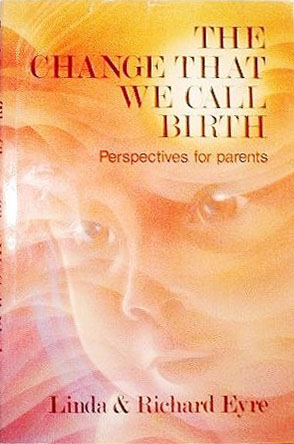 #19
#19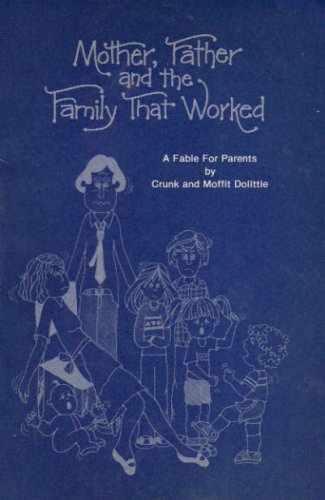 #20
#20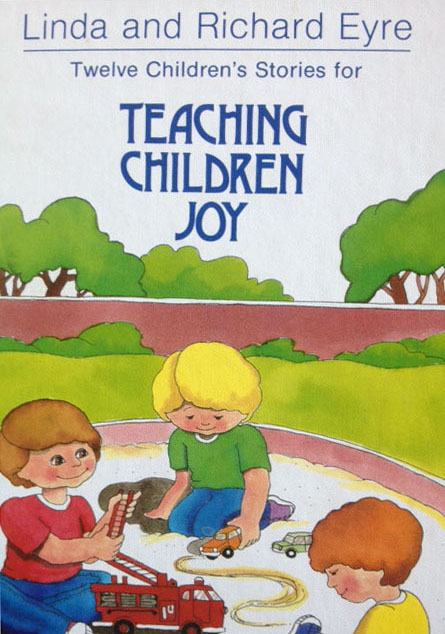 #21
#21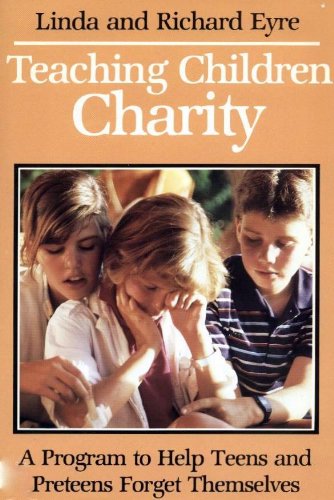 #22
#22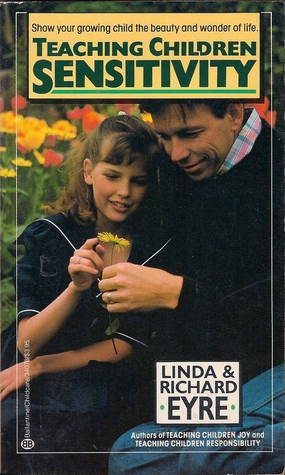 #23
#23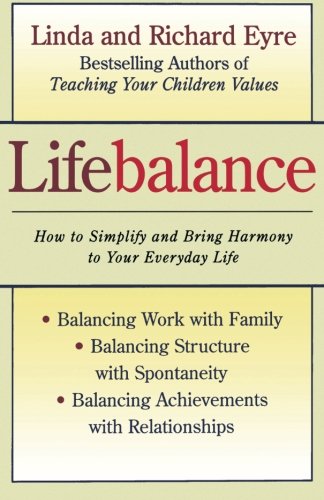 #24
#24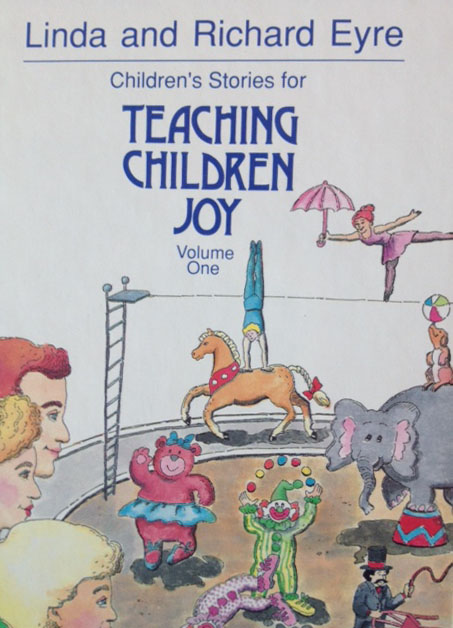 #25
#25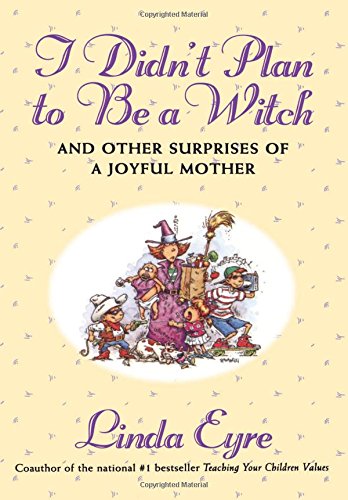 #26
#26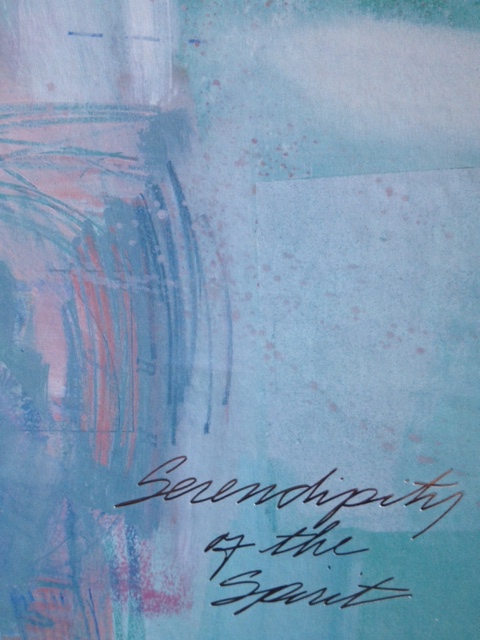 #27
#27 #28
#28 #29
#29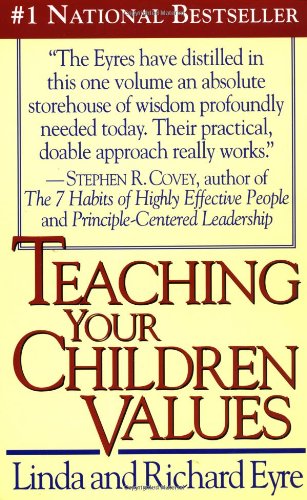 #30
#30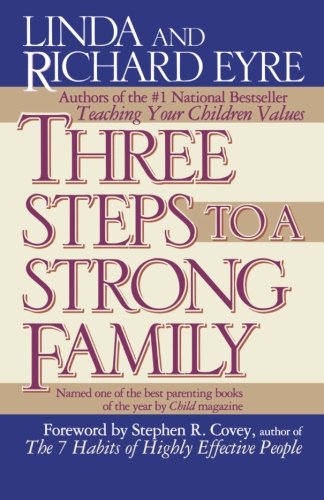 #31
#31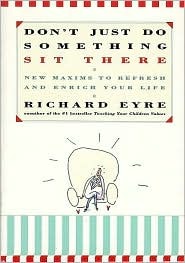 #32
#32 #33
#33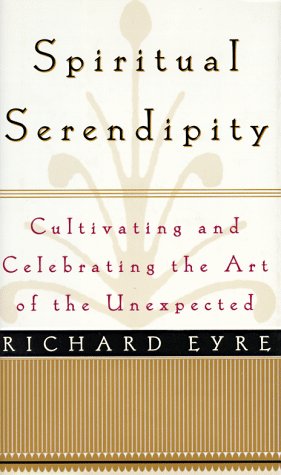 #34
#34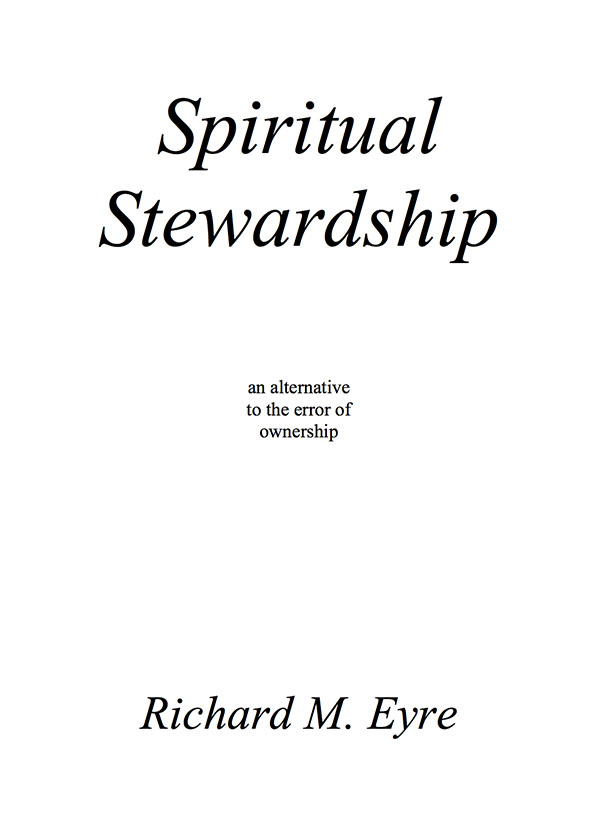 #35
#35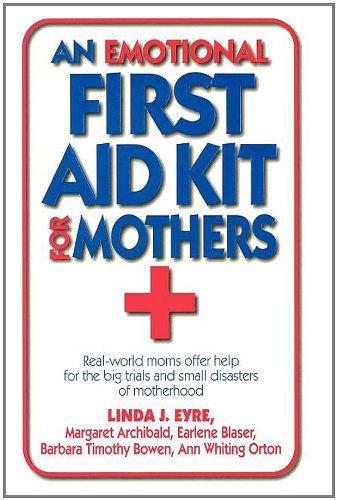 #36
#36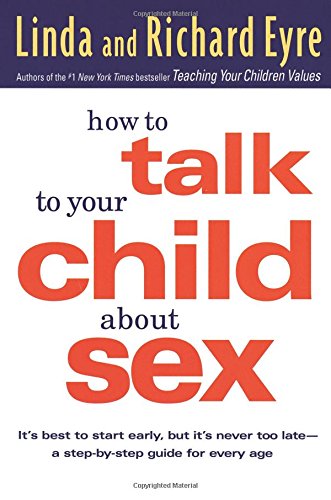 #37
#37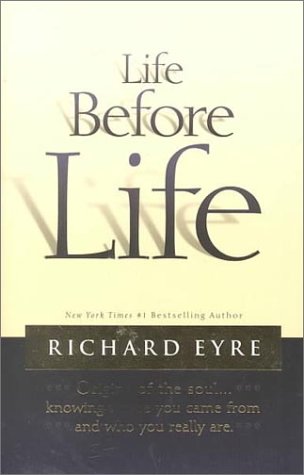 #38
#38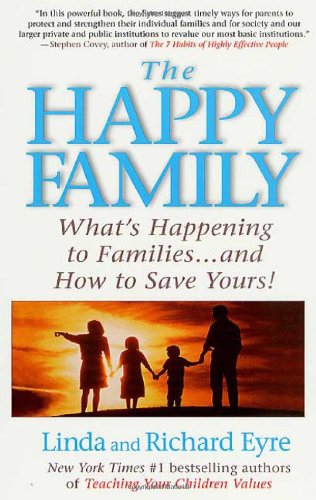 #39
#39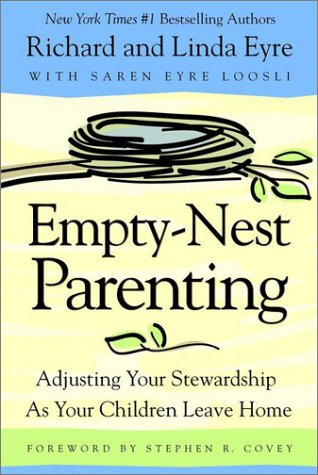 #40
#40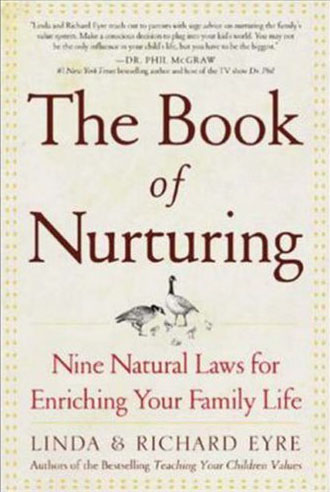 #41
#41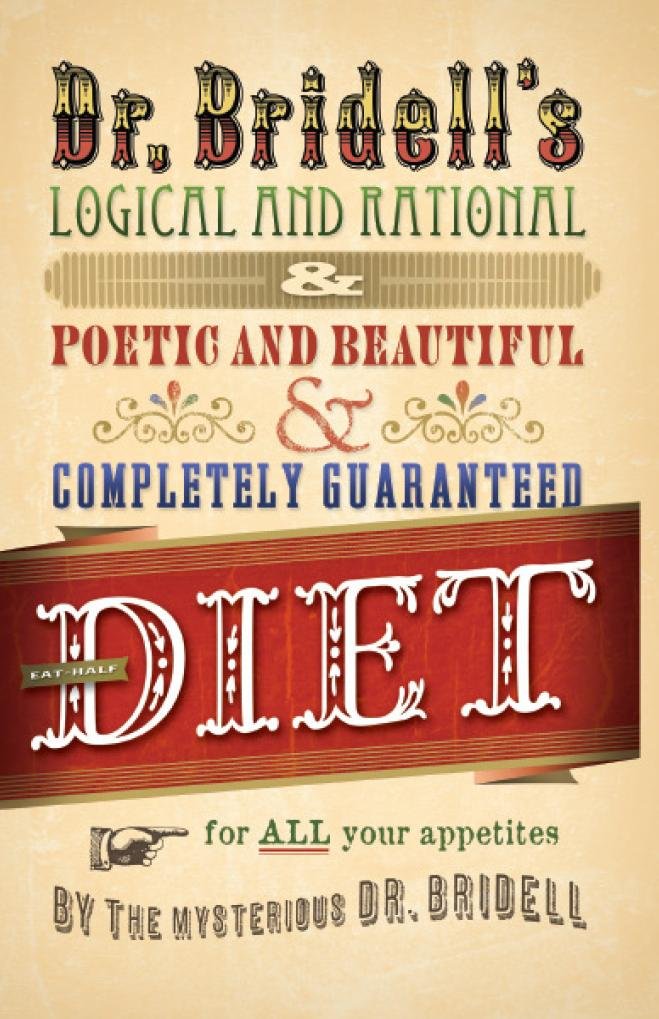 #42
#42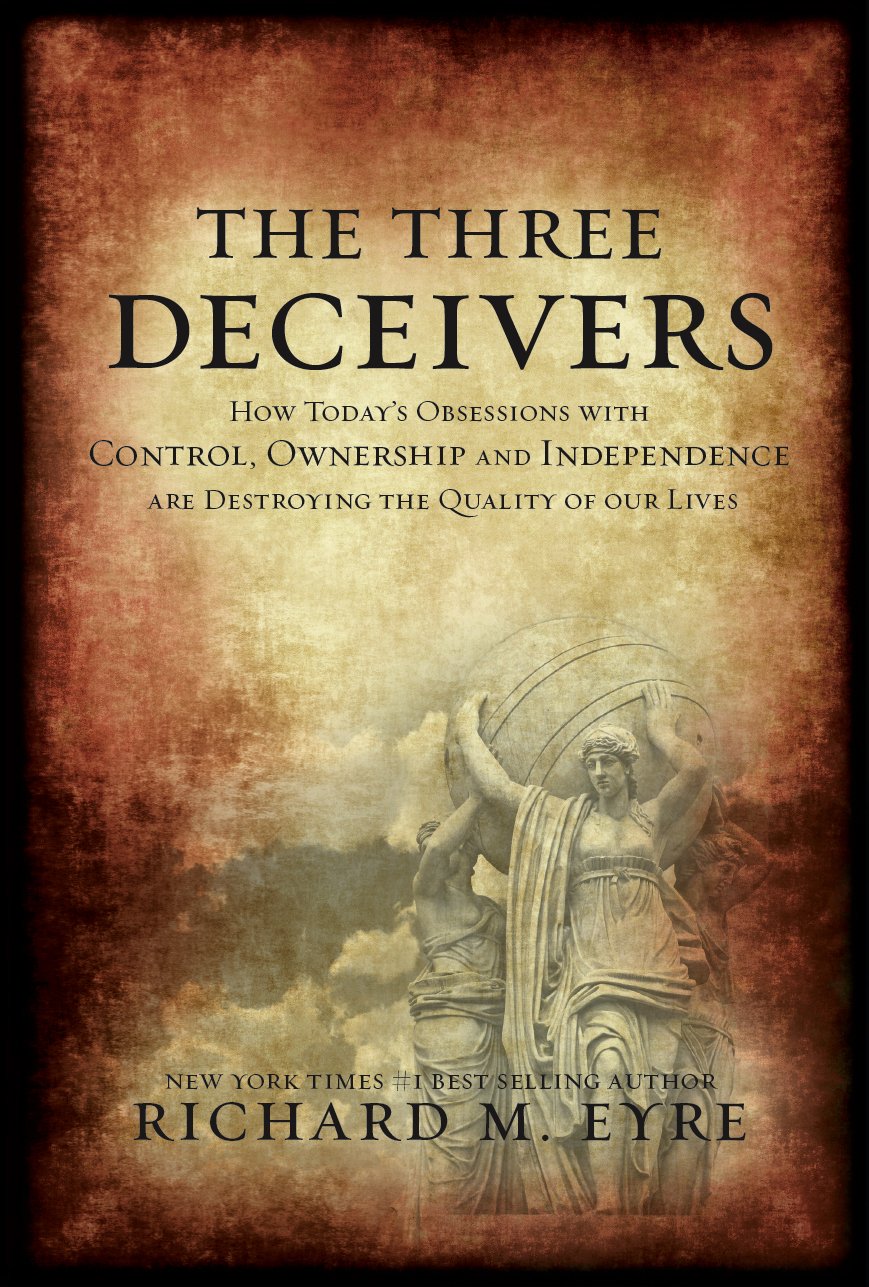 #43
#43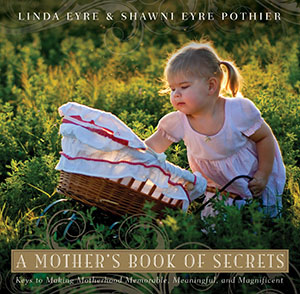 #44
#44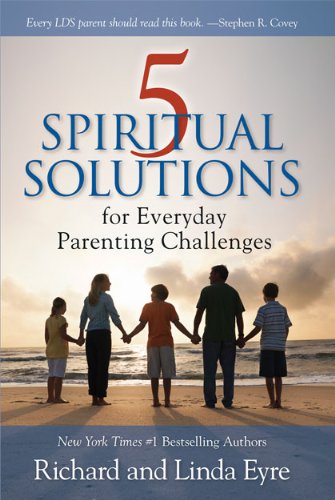 #45
#45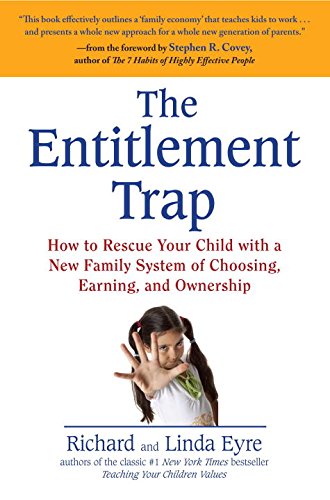 #46
#46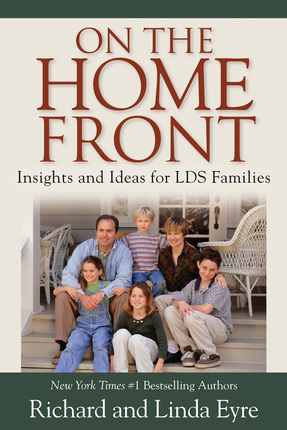 #47
#47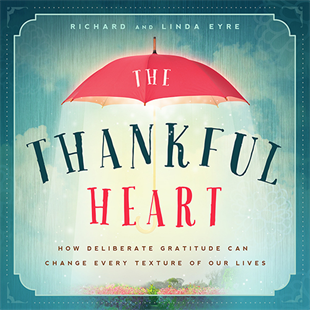 #48
#48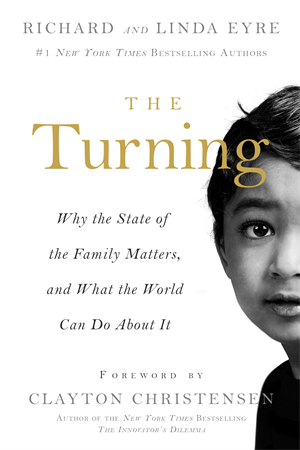 #49
#49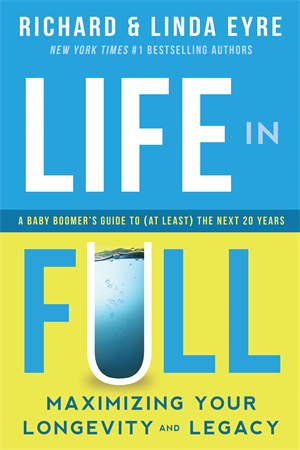 #50
#50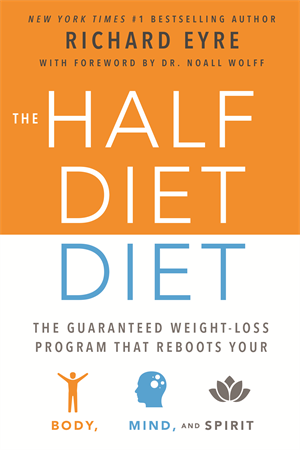 #51
#51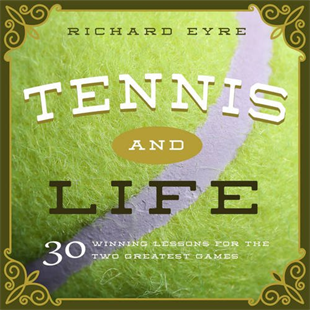 #52
#52 #53
#53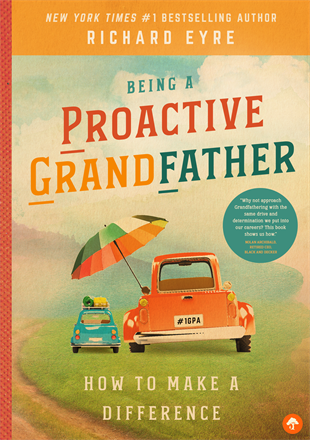 #54
#54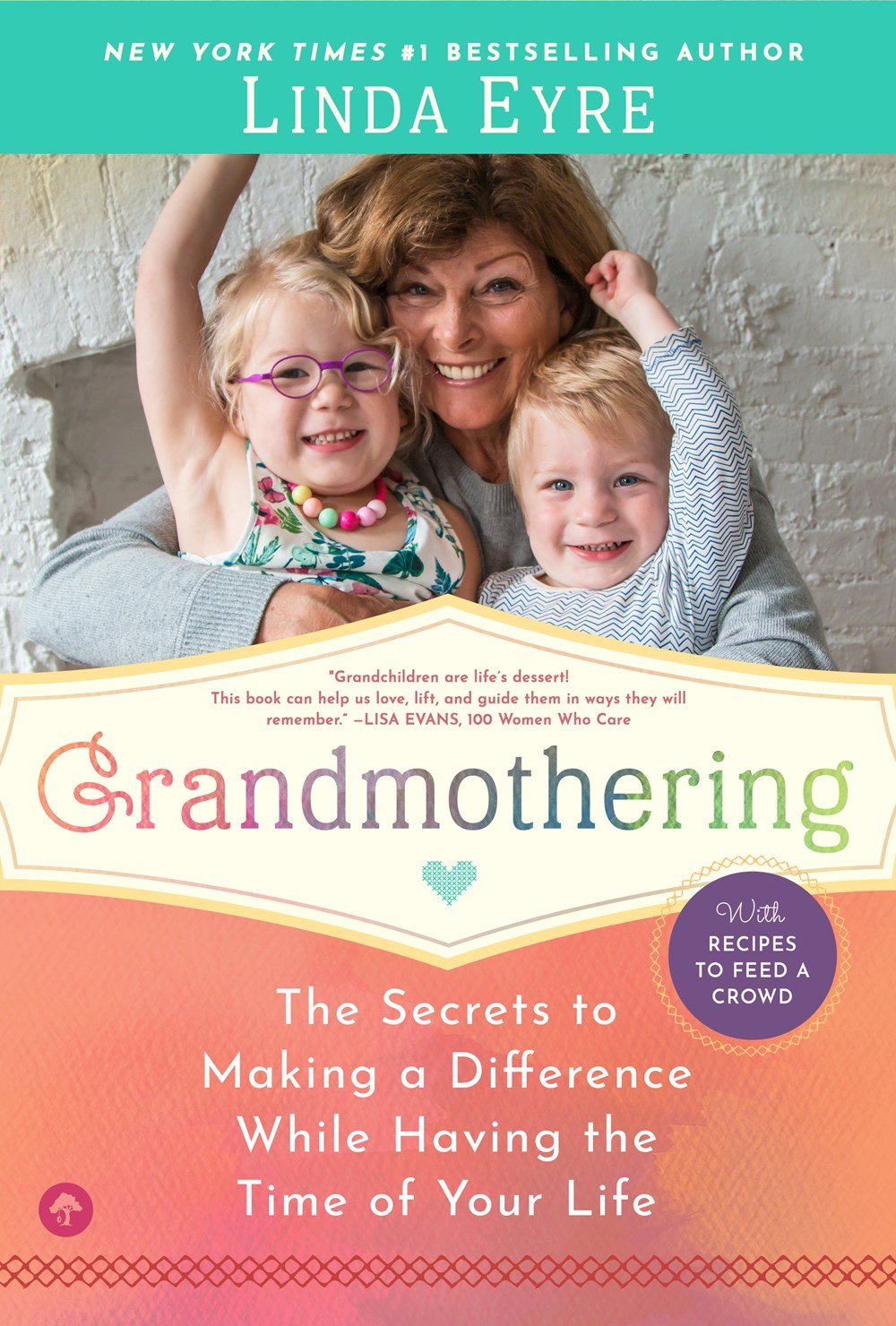 #55
#55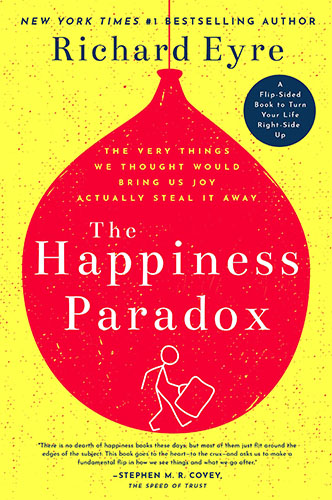 #56
#56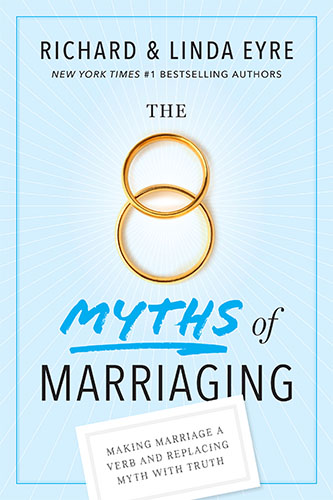 #57
#57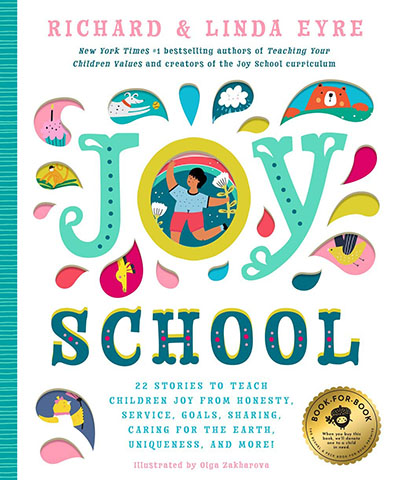 #58
#58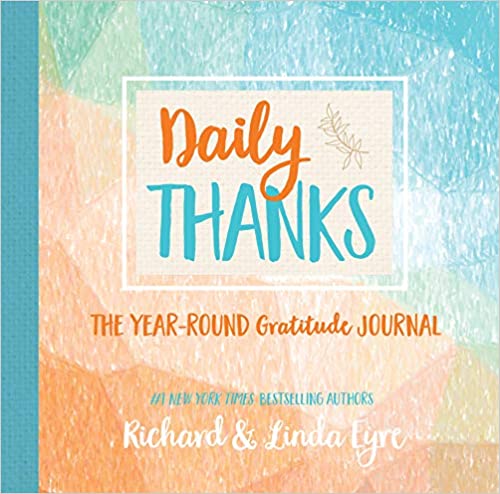 #59
#59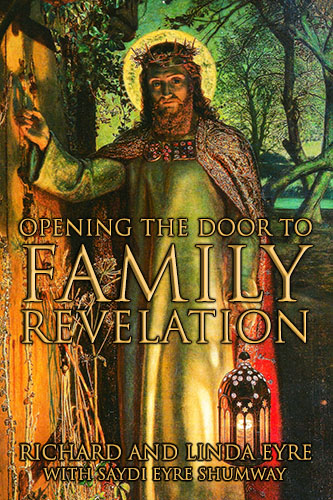 #60
#60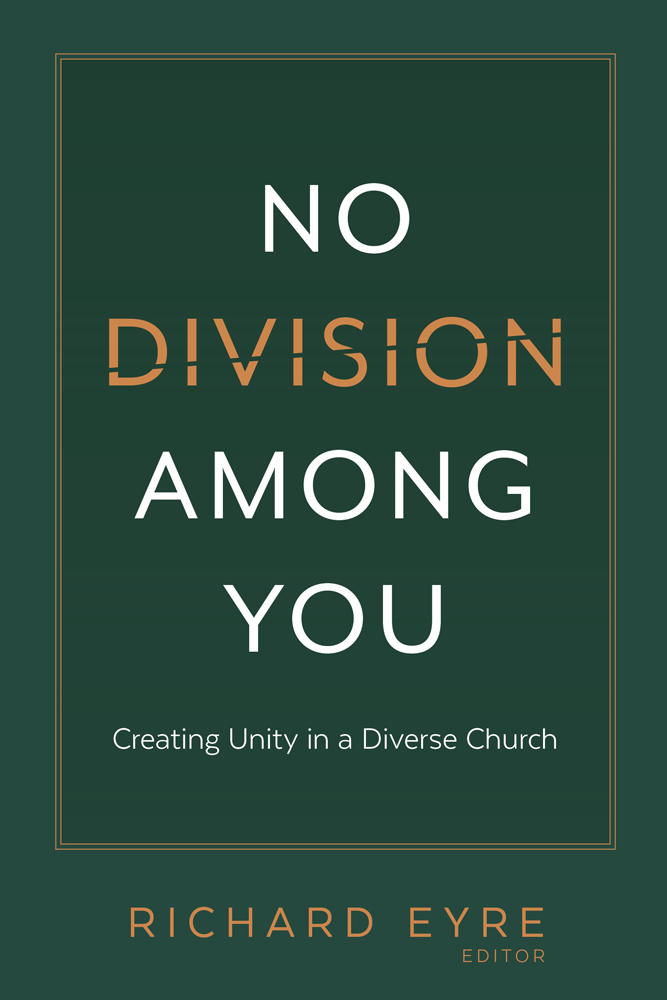 #61
#61